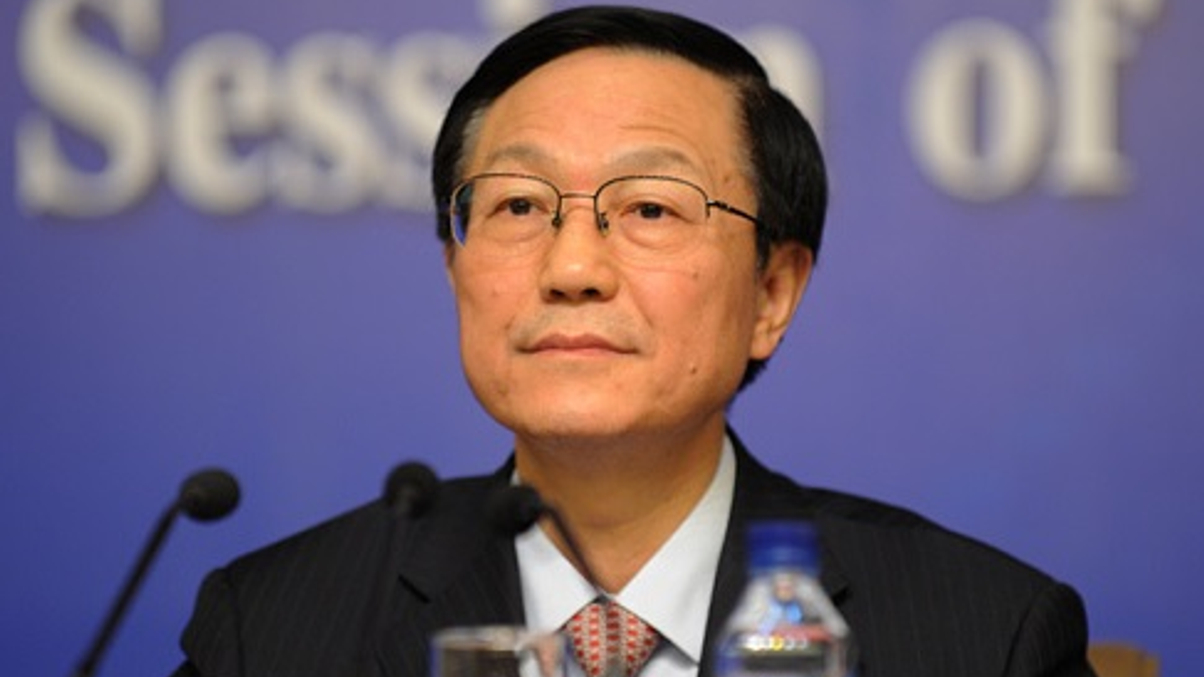China’s NCSSF shrinks foreign exposure, reviews asset managers
The $291 billion state pension fund reduced its overseas allocation while increasing its roster of domestic asset managers last year, bucking a recent trend among Asian institutions.

China’s National Council for Social Security Fund shrank its overseas allocation last year due to performance concerns, but at the same time added domestic external managers, in a move that bucks the trend among Asian institutional investors.
Sign in to read on!
Registered users get 2 free articles in 30 days.
Subscribers have full unlimited access to AsianInvestor
Not signed up? New users get 2 free articles per month, plus a 7-day unlimited free trial.
¬ Haymarket Media Limited. All rights reserved.


